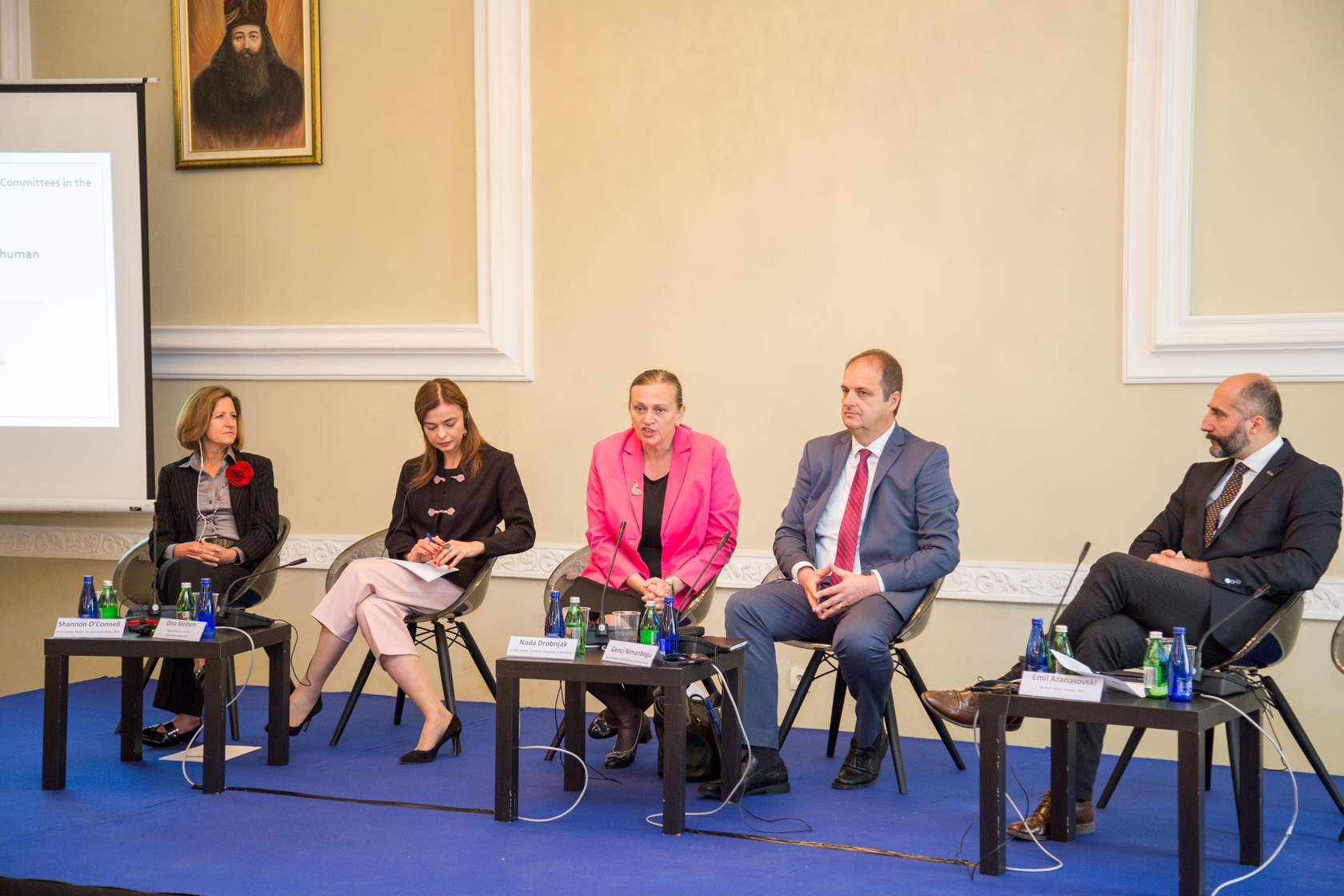This module will provide MPs and parliamentary staff with an understanding of the PLS principles and practices in different countries and parliamentary systems, share good practices and learn from the experiences of other stakeholders by:
- Describing the rationale, criteria and mechanisms for (post-legislative) scrutiny within the legislative cycle
- Identifying the key questions to be asked through post-legislative scrutiny
- Explaining how post-legislative scrutiny can be used to pursue cross-cutting issues
- Characterising the roles of different stakeholders in post-legislative scrutiny
- Exploring the different types of approaches that can be taken to post-legislative scrutiny
- Describing the legislative basis for post-legislative scrutiny

This module will provide MPs and parliamentary staff with practical advice on the implementation of post-legislative scrutiny by:
- Providing a phased approach to post-legislative scrutiny
- Explaining the activities to be completed during the pre-planning phase
- Describing considerations to be taken into account during the planning phase
- Reviewing practical approaches to the implementation phase
- Considering the different mechanisms available in the follow-up phase
- Demonstrating practical application through examples.

